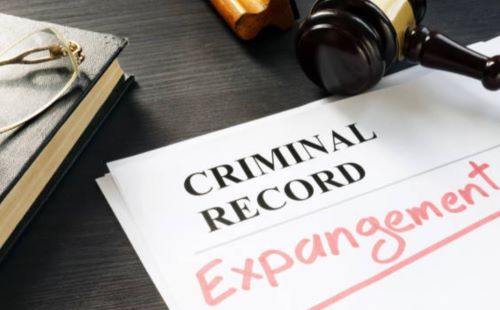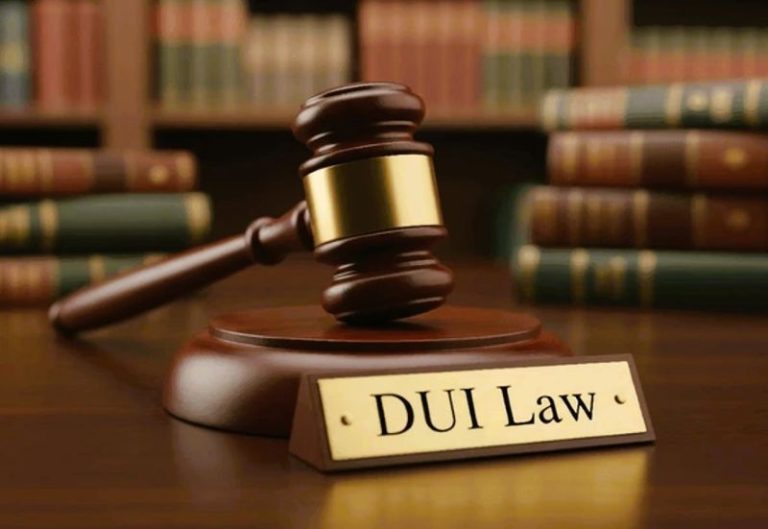
Getting convicted simply means that you have been through the whole judicial process that includes, being arrested, going to trial, found guilty, and sentenced. However, just because you were arrested doesn’t mean you will get convicted. If during the trial your charges were dropped or if before the trial your case got dismissed then you may be acquitted and you do not have to go through the rest of the judicial process and can move on with your life.
Here’s what you need to know about a clear criminal record: dropped vs dismissed charges.
Dropped Charges
An arresting officer or a prosecutor is able to drop your charges before the trial at any point. If your charges are dropped then your case will not go through the process of trial. This could be a result of one or more of the below-mentioned reasons:
Insufficient Resources: Sometimes when the prosecutor has too many cases to deal with, they are not able to allocate resources or time to other cases. They are obligated to dedicate their resources to more important or pressing cases. In these cases, the charges are dropped for more minor cases.
Lack of Evidence: If the prosecutor feels like there is insufficient evidence to support the claims then they are unable to move forward with the filing process and the charges are ultimately dropped. The charges can also be dropped in case new evidence emerge which dismisses the claims against the party.
Co-operation: If the defendant is highly cooperative with the authorities and is trying to help them resolve the crime then it is a possibility that their charges can be dropped or at least reduced.Improper Procedure: Improper Procedure is also the reason why the charges can be dropped. During the whole process of arrest including, interrogating, hearing, booking etc. if the rights of the defendant are not respected or if they are mistreated in some way then the charges can be dropped or the sentence can be reduced significantly.

Dismissed Charges
The only difference between dismissed charges and dropped charges is that in dismissed charges, the case doesn’t
Searching without a Warrant: It is important for the police to have a valid search warrant to conduct a search of the defendant’s vehicle or home. In case the police are conduction the search without having a warrant then any evidence found on the defendant’s property is considered invalid and they are not able to build a case against you.
Lack of Probable Cause: Having a probable cause means having a valid reason for searching or stopping a person. For example, if a traffic police officer stopped you without any reason or probable cause and in case you were violating a traffic law then the charges could be dismissed as the traffic police officer have no reason to doubt you.
Lack of Evidence: Having insufficient evidence or lack of evidence directly leads to your case being dismissed.
Dropped vs Dismissed Charges: What It Means for Your Criminal Record
Even if your case is dropped or dismissed, the conviction, as well as the documentation regarding your case, will still exist on your criminal record, this includes the charges filed, the evidence of your arrest, or fingerprints. This documentation will arise when you are looking for a job or renting an apartment. Your landlord or employer will still be able to see these records even if your charges were dropped or dismissed.
In case, your dropped or dismissed charges are preventing you from renting a property or getting employed then you need the help of expungement lawyers to get a pardon. Pardons will help you get rid of all traces of past conviction so that you can start a new journey without having the past affecting your life.



